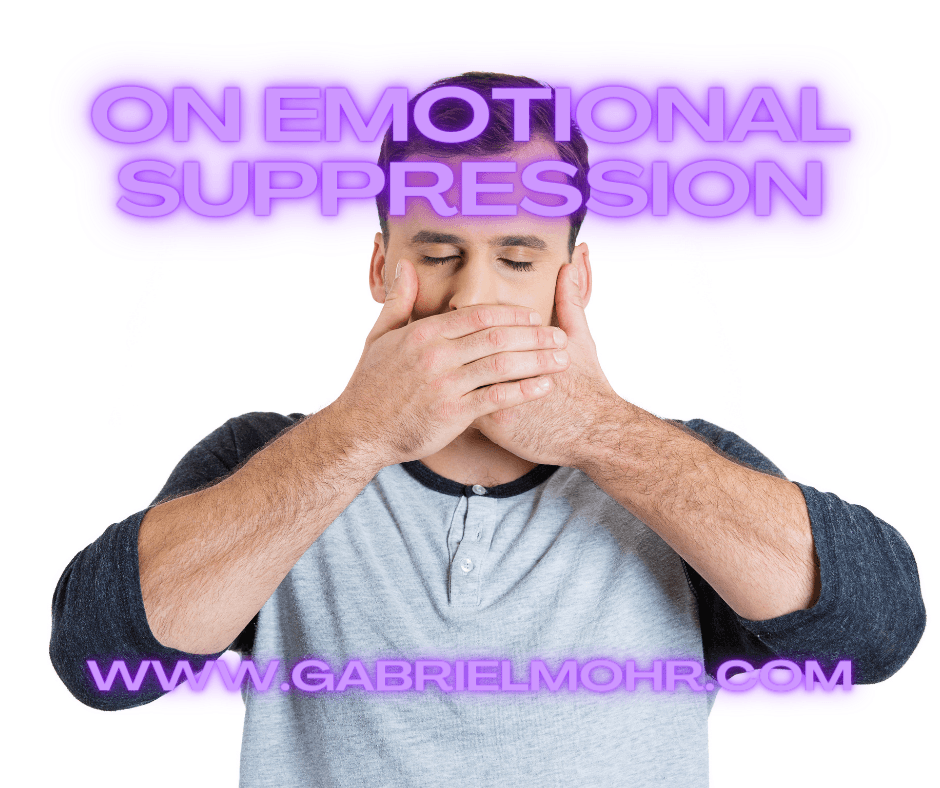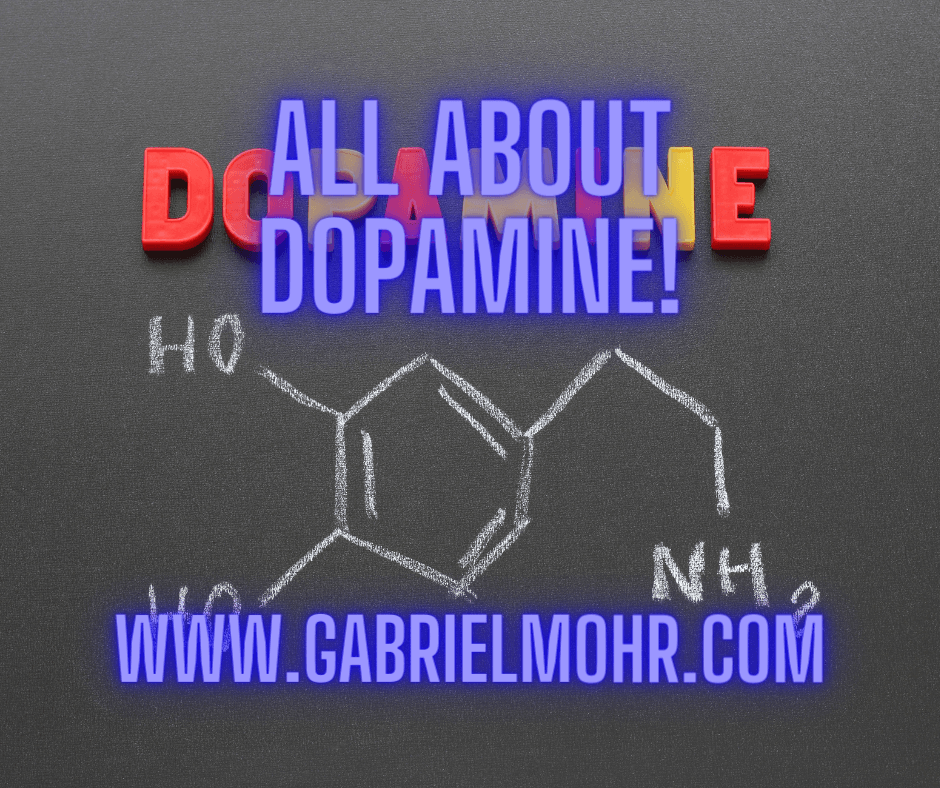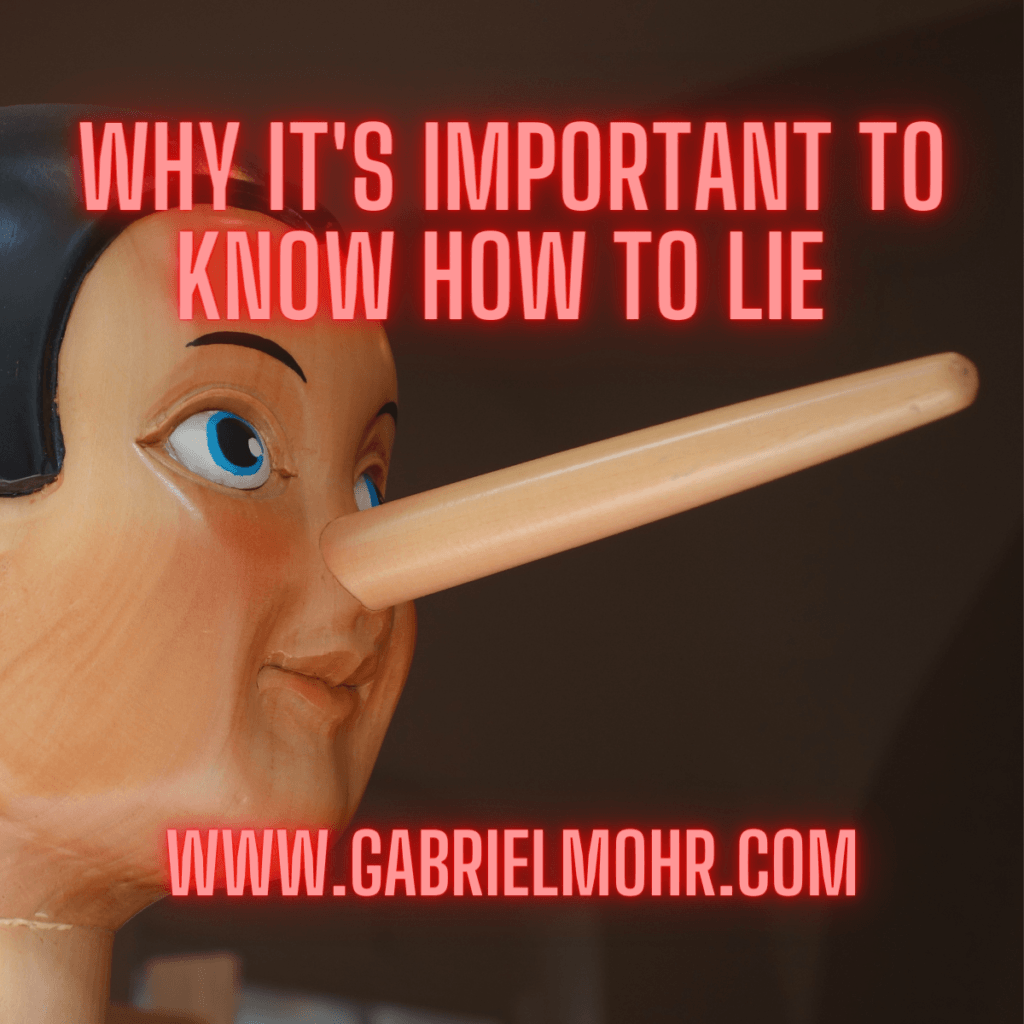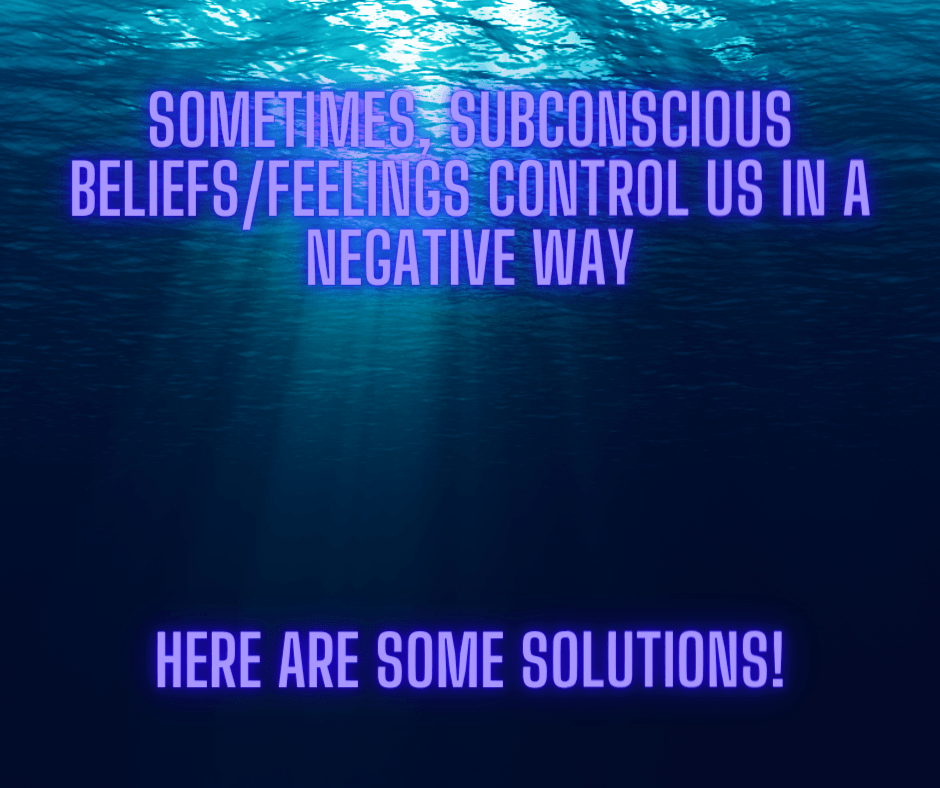
Quick Facts
-Many of us suppress our emotions, either consciously or subconsciously, for many different reasons.
-Suppressing our emotions doesn’t make them go away; they go into the subconscious, and they begin to control our lives until they are realized, disidentified, learned from, and (usually) transcended.
-We can heal from the pain that arises from suppressing our emotions!
Intro
I should have written this article long ago, it’s very applicable to many of our lives but I’ve simply been on a roll with the 80+ ideas I’ve come up with!
Suppression is a silent killer in the world we live in today. I speak to America in many of my articles, however, I understand that every country in the world suffers from emotional suppression, and some on a very intense scale. What is it? Why is it terrible for us? How can we stop doing it and heal ourselves? These questions and more will be answered below 🙂
What Is Emotional Suppression?
Emotional suppression is when we consciously or subconsciously keep ourselves from feeling an emotion. We “push it down,” so to speak, into the depths of our mind so that we can ignore it and go about our daily lives.
Why Do We Do It?
Sometimes we do this automatically, like if we experience a traumatic event or live in a traumatic culture. When we do it consciously, it’s usually because we want to stay composed and keep going (IE, at a funeral or at work).
Emotions can be intense, sometimes they’re too intense for our minds to handle, especially when we were younger. It also didn’t help if we experienced something traumatic as a child and our parents tried to sush us or otherwise stop us from crying because by doing so they were encouraging us to suppress our emotions, which is a terrible idea, as we’ll see in the next paragraph.
And, we didn’t necessarily have to witness a murder to consider an event traumatic – trauma is tightly linked with expectation, the more intense your expectation, the greater the trauma if it happens to be violated. Many children have the subconscious expectation that their parents will be around forever, so if they get momentarily lost at a carnival, they will probably remember that for the rest of their lives in a not-so-pleasant tonality.
Why Is It Bad For Us?
Okay, we like to suppress emotions – big deal, right? The brain does it automatically so it mustn’t mean too much, right?
Even though we automatically suppress emotions this line of thinking is very, very wrong and very, very dangerous. This is true because of one simple fact – suppressing an emotion doesn’t make it go away, it just pushes it into the subconscious part of your mind. It still exists, and now that it’s not conscious it seeps into our lives in ways that are subtle and, sometimes, detrimental to our wellbeing.
I can hear you out there saying, “but Gabriel, what if this is simply your belief? Don’t you know that you can create your own reality with the beliefs you hold and that they aren’t necessarily the same for everybody else?”
This is so, however, there is a difference between a psychic belief and a psychic fact – a belief is something made and acted out by us crafty humans, however, a psychic fact is a truth that exists in the psychological realm whether we believe in it or not. Case in point, I received all of my information used in this post from direct observation of myself and other people, and I can guarantee you these “other people” did not have a clue as to what emotional suppression was, let alone believed in it – but they acted it out anyway.
So let’s take anger as an example – if we suppress our anger and never let it out it continues to ball up inside of us and stay in our subconscious. But, since it isn’t going away, it expresses itself by influencing our mood, perception, beliefs, and actions. For example, “life is just terrible… There’s always something going on I don’t like” is a great example of a belief created in the spirit of repressed anger.
Once the beliefs are created they are almost always played out, and what happens when repressed emotion is the cause for many of the beliefs most people hold? You get today’s insanity. Insanity has spread all over the world simply because we suppress our emotions in favor of other things.
How Can We Heal From It?
But of course, there is a way out! We can feel our suppressed emotions, release them, and become much happier and clear-minded in the process.
I’ve come up with some guidelines after healing from my own suppressed emotions ever since I was a teenager. They are guidelines, so I don’t follow them every time, but most of the time I find them extremely helpful:
-First, I pay attention to how I feel in the moment. If I’m thinking about letting out some suppressed emotion it’s almost always the case I feel crappy right at the moment. So I pay attention to what it looks like in my mind, and where it is in my body (chest, solar plexus, abdomen, etc).
-When I have a visual and a location of the feeling I have successfully brought the feeling from subconsciousness into consciousness. I have options here; I can keep my mind’s eye on it and let it play itself out to its entirety, I can “expand” my visual of it by “zooming out,” I can disidentify from the emotion, I can ask myself some questions, and/or I can physically act it out. Usually, I do a combination of these things at a time, whatever feels right for that particular emotion at that particular time, and I’ll almost always ask the questions “which underlying beliefs cause this feeling to appear and stay? Why do I believe I need this feeling?” especially if holding on to it isn’t a good idea.
-Then, when I have felt and questioned and acted it out, I enjoy bringing logic into the mix. For example, if I’m dealing with suppressed sadness, I can ask myself “why is this feeling here? What purpose does it serve?” and try to find a better, less detrimental way to be. Sometimes the reason is simple and sometimes it’s complex, sometimes there are multiple reasons for the emotion to be present, sometimes there are no reasons at all. However, once I’ve answered myself honestly I’ll have an advanced understanding of my situation.
-At this point I’ve brought my feeling into consciousness, empathized with it, and analyzed it. I understand it, why it’s there, and better ways to be in place of it. I then release it, sometimes I replace it with new beliefs and feelings, sometimes I don’t. Usually, this goes something like, “I choose to feel this feeling completely and permanently release it.” If I don’t completely understand the suppressed emotion before I make this decision it usually stays until I understand it. I could force it to leave without understanding it, but where’s the fun in that? 😉
Now, this process may be completely different for you. Perhaps you prefer to let your emotions out through physical violence or a jog on the street. Maybe your most effective way of letting out suppressed emotions is different from everyone else’s, that’s why I recommend you create your own process/processes.
Final Thoughts
Emotional suppression is a gigantus problem. It really stunts our well-being, self-control, and general enjoyment of life as a whole, and even if you don’t feel as if you have any suppressed emotions I greatly encourage you to ask yourself if you do; you may surprise yourself!
It seems to me this is the best use of meditation, that is, to find and ultimately release suppressed emotion. Sitting still in a quiet room is a great way to build concentration and go through your process (unless you’re consciously acting out your emotions), and I encourage this reason for meditation over the lesser but growing reason; social popularity and, ironically, more suppression in the pursuit of positive emotion.
Conclusion
Thank you for reading my article! The path has been exposed, will you follow it? 😉
I’ll see you in the next post!



